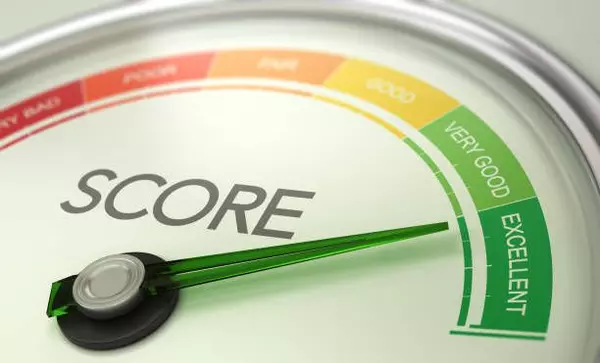Understanding Closing Costs
When purchasing or selling a home, one of the most crucial yet often misunderstood aspects of the transaction is closing costs. These fees can significantly impact your overall financial planning, whether you are a buyer or a seller. Understanding what closing costs entail and how they affect your mortgage can help you navigate the real estate process more smoothly.
**Buyers**
For buyers, closing costs typically range from 2% to 5% of the purchase price of the home. These costs include various fees that cover services such as loan origination, appraisal, title search, and insurance. Some common components of buyers' closing costs are:
1. **Loan Origination Fees**: These fees are charged by your lender for processing your loan application. They can vary but generally account for about 1% of the loan amount.
2. **Appraisal Fees**: An appraisal is necessary to determine the market value of the property you’re buying. This fee usually ranges between $300 and $500.
3. **Title Search and Title Insurance**: A title search ensures that the property has no outstanding liens or claims against it. Title insurance protects you and your lender from any future disputes over property ownership.
4. **Home Inspection Fees**: Although not always required, a home inspection is highly recommended to identify any potential issues with the property before you finalize the purchase.
5. **Prepaid Costs**: These include homeowners insurance and property taxes that must be paid upfront at closing.
Understanding these components helps buyers budget effectively and avoid surprises at the closing table.
**Sellers**
Sellers also have their share of closing costs, which usually range from 6% to 10% of the home's sale price. The bulk of these costs often go towards paying real estate agent commissions, which typically total around 5% to 6% of the sale price and are split between the buyer’s and seller’s agents.
Additional seller closing costs may include:
1. **Transfer Taxes**: These are state or local taxes imposed when property ownership transfers from one party to another.
2. **Title Insurance for Buyer**: In some regions, it’s customary for sellers to pay for the buyer’s title insurance policy.
3. **Outstanding Liens or Judgments**: Any unpaid debts associated with the property must be settled before it can be sold.
4. **Escrow Fees**: These fees cover the cost of using an escrow service to manage all documents and funds during the closing process.
By understanding these expenses, sellers can better estimate their net proceeds from the sale and plan accordingly.
**Mortgage Impact**
Closing costs also play a significant role in your mortgage terms. For buyers, some lenders offer "no-closing-cost" mortgages where these fees are rolled into your loan amount or covered through a higher interest rate. While this might reduce upfront expenses, it increases your long-term financial commitment due to higher monthly payments or extended loan terms.
For sellers who still have an outstanding mortgage on their property, proceeds from the sale will first go towards settling this debt before any remaining funds are disbursed.
In both cases, understanding how closing costs interact with your mortgage can help you make more informed decisions about financing options and overall affordability.
In conclusion, whether you're buying or selling a home, being well-informed about closing costs is essential for effective financial planning. By understanding these expenses upfront, you can avoid unexpected surprises and ensure a smoother real estate transaction experience.
Categories
Recent Posts










